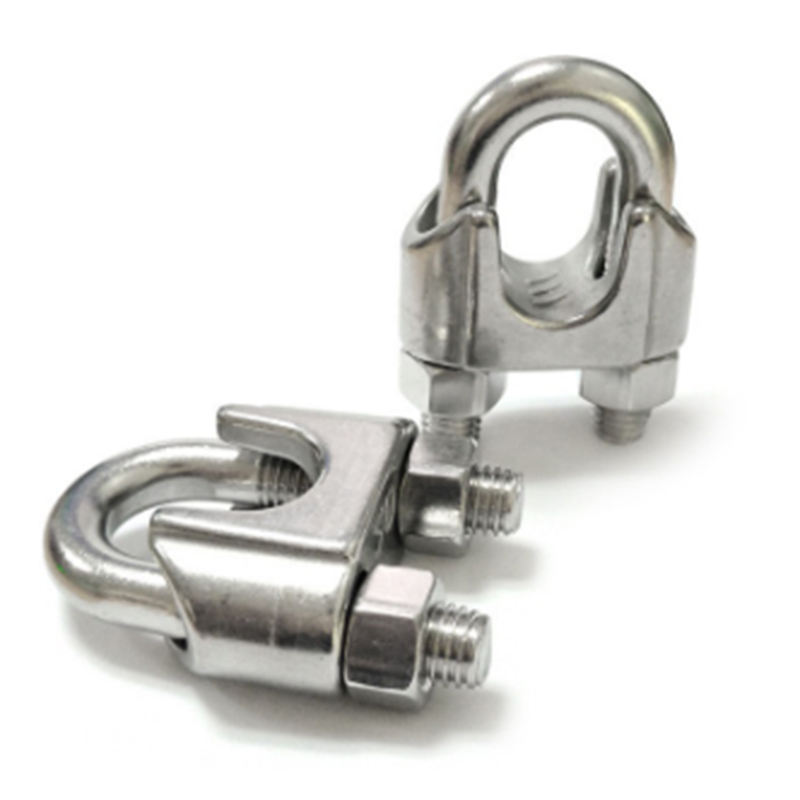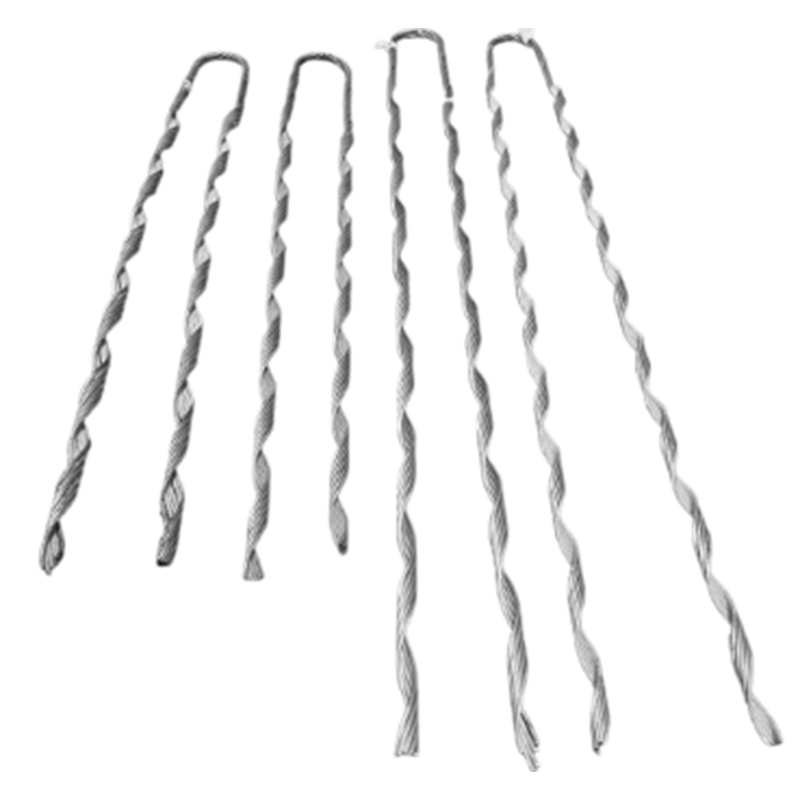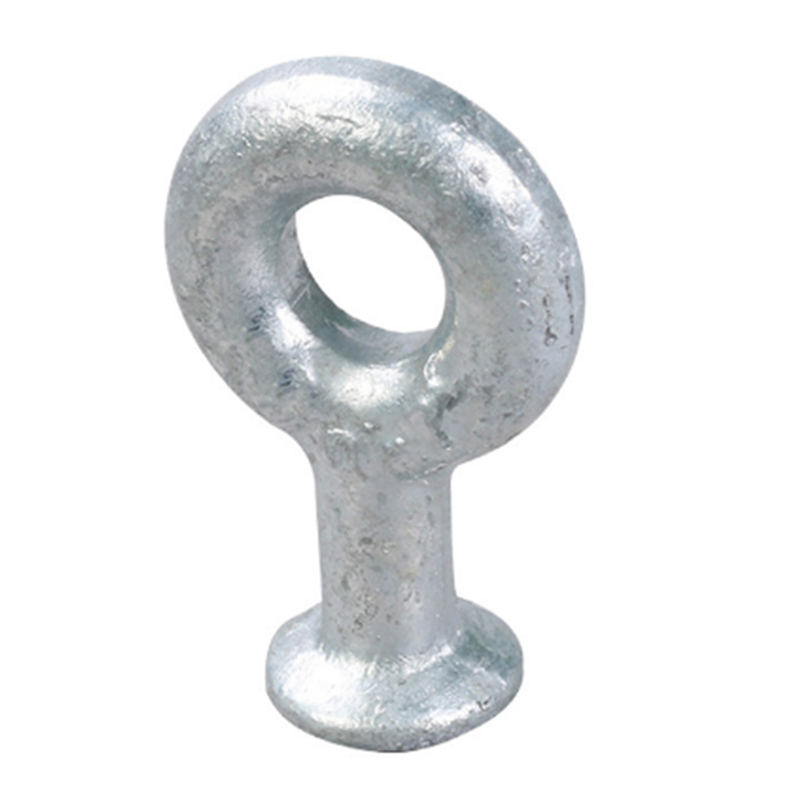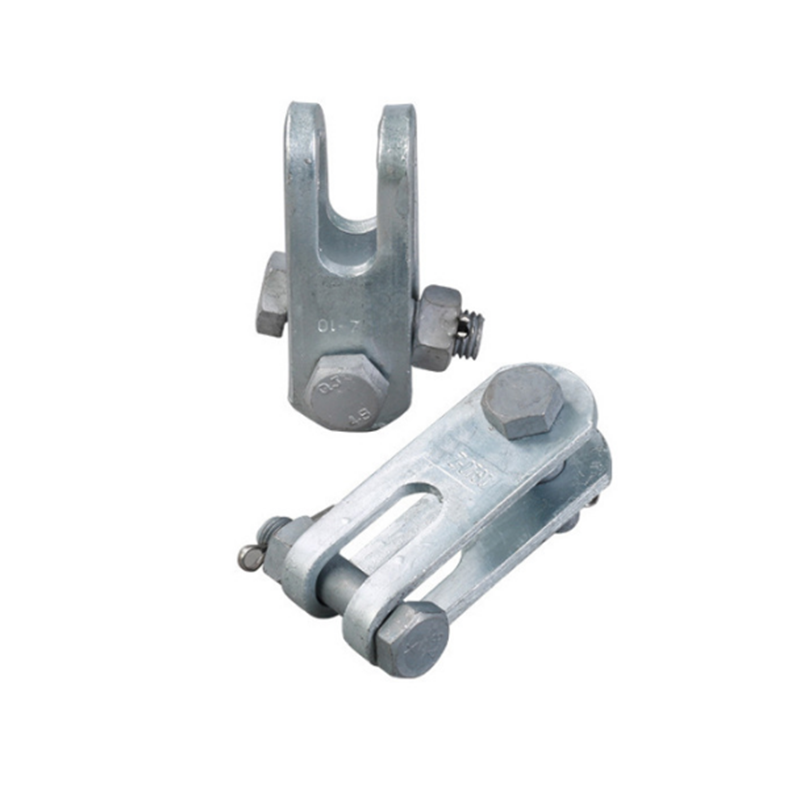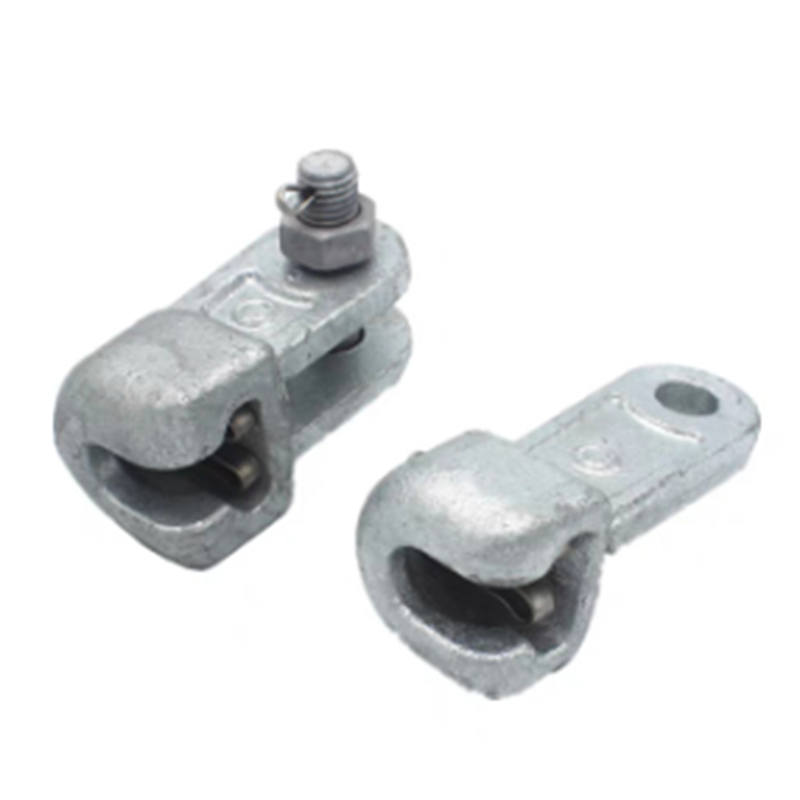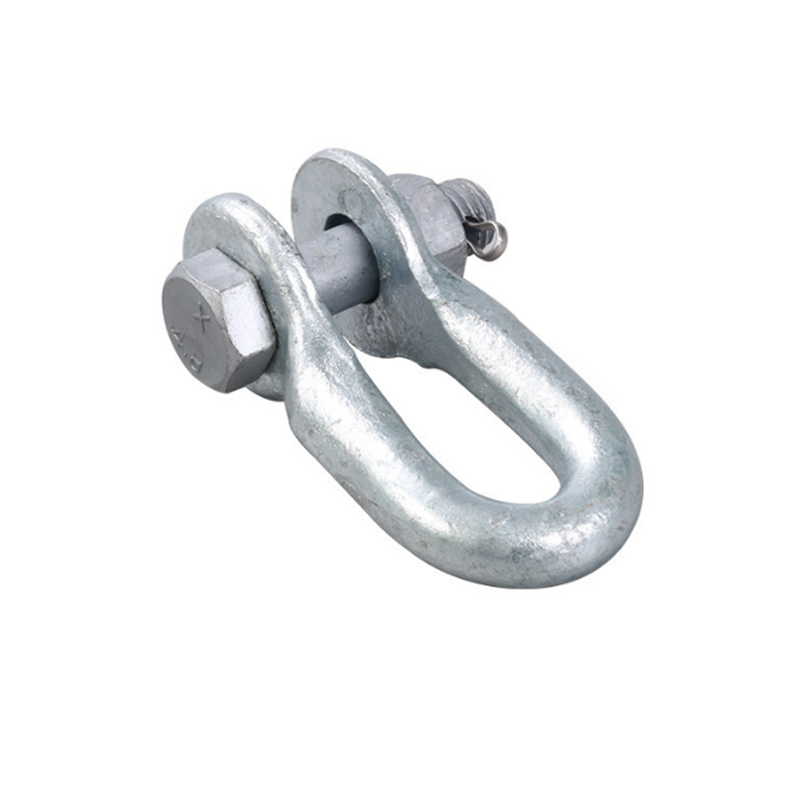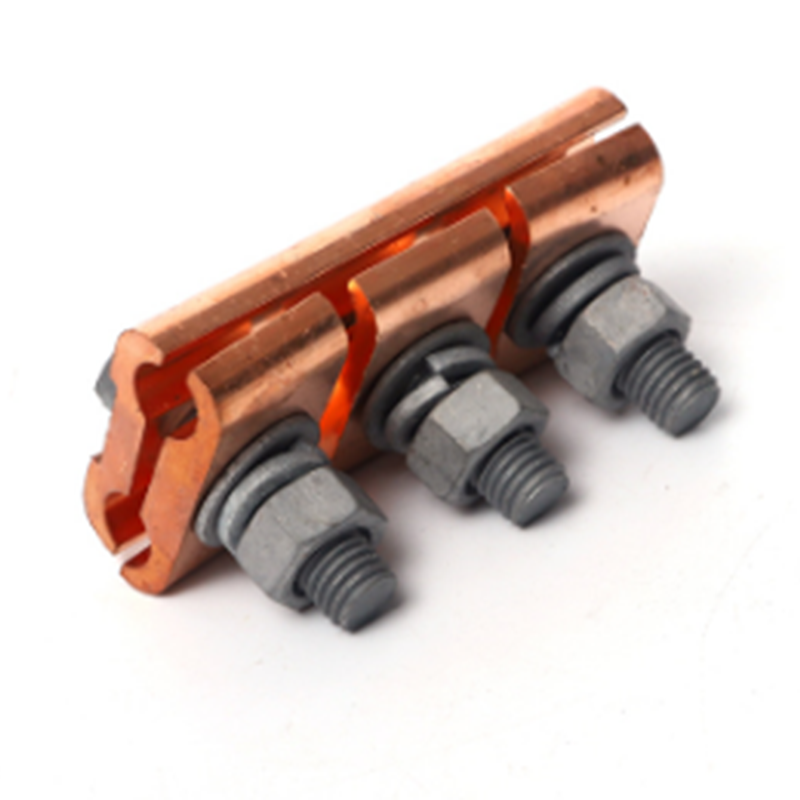- Chinese
- French
- German
- Portuguese
- Spanish
- Russian
- Japanese
- Korean
- Arabic
- Irish
- Greek
- Turkish
- Italian
- Danish
- Romanian
- Indonesian
- Czech
- Afrikaans
- Swedish
- Polish
- Basque
- Catalan
- Esperanto
- Hindi
- Lao
- Albanian
- Amharic
- Armenian
- Azerbaijani
- Belarusian
- Bengali
- Bosnian
- Bulgarian
- Cebuano
- Chichewa
- Corsican
- Croatian
- Dutch
- Estonian
- Filipino
- Finnish
- Frisian
- Galician
- Georgian
- Gujarati
- Haitian
- Hausa
- Hawaiian
- Hebrew
- Hmong
- Hungarian
- Icelandic
- Igbo
- Javanese
- Kannada
- Kazakh
- Khmer
- Kurdish
- Kyrgyz
- Latin
- Latvian
- Lithuanian
- Luxembou..
- Macedonian
- Malagasy
- Malay
- Malayalam
- Maltese
- Maori
- Marathi
- Mongolian
- Burmese
- Nepali
- Norwegian
- Pashto
- Persian
- Punjabi
- Serbian
- Sesotho
- Sinhala
- Slovak
- Slovenian
- Somali
- Samoan
- Scots Gaelic
- Shona
- Sindhi
- Sundanese
- Swahili
- Tajik
- Tamil
- Telugu
- Thai
- Ukrainian
- Urdu
- Uzbek
- Vietnamese
- Welsh
- Xhosa
- Yiddish
- Yoruba
- Zulu
- Kinyarwanda
- Tatar
- Oriya
- Turkmen
- Uyghur

Screw lock
Screw Lock: An Essential Component in Fastening Technology
The notion of a screw lock often seems straightforward, yet many underestimate its critical role in ensuring the reliability of connections in various structures. This tiny component can prevent larger complications, making its understanding crucial for those in the industry.
Understanding the Basics of Screw Locks
Screw locks, often seen as mere secondary parts, play a crucial part in maintaining structural integrity. The primary function is to resist loosening caused by vibrations or dynamic loads. Many overlook this, thinking that simply tightening a bolt with adequate torque is enough.
In practice, relying on manual tightening alone can lead to loosening over time. This is where screw locks prove their worth. They offer an added layer of security, especially in high-stakes environments.
For instance, in automotive applications, the failure of a bolt due to loosening can lead to devastating outcomes. This highlights why these components, though small, should be given substantial importance.
Common Misconceptions and Misapplications
A frequent error is presuming that all screw locks are interchangeable. Each type, whether it's a lock washer, a patch, or an adhesive, serves distinct scenarios. Choose the wrong one, and it might compromise the entire assembly.
Many might not realize that excessive use of adhesive-based screw locks can affect future disassembly and maintenance. This requires weighing the immediate benefits against long-term considerations.
Moreover, incorrect application during installation can negate the benefits. The key is proper selection and use, aligned with the requirements of the specific application.
Real-life Implementations: Case Studies and Lessons Learned
Consider the situation at Handan Shengfeng Hardware Fastener Factory, based in Hebei Pu Tiexi Industrial Zone, which supplies a variety of hardware solutions including screw lock components. They have encountered numerous instances where clients faced issues with joint integrity due to improper use of fastening solutions.
One notable case involved a client who repeatedly experienced bolt loosening in machinery. After collaborating and providing the appropriate type of lock washer, the issue was mitigated, leading to improved reliability and safety.
This serves as a practical reminder that tailored solutions often require expert consultation, something companies like Shengfeng are well-equipped to provide.
Exploration of Advanced Materials and Technologies
The industry continuously evolves, with advancements in materials leading to new screw lock innovations. Enhanced composites and specialized coatings now offer improved performance in harsh environments.
For instance, corrosion-resistant materials are becoming standard, especially in marine and offshore applications. This highlights the necessity for manufacturers to stay abreast of technological progress for optimal product offerings.
Such developments not only enhance product lifespan but also reduce maintenance cycles, leading to significant cost savings over time.
Shengfeng's Role in the Fastener Industry
With its strategic location adjacent to National Highway 107, Shengfeng Hardware Fastener Factory provides superior logistical capabilities, ensuring timely delivery of essential components like screw lock solutions.
By offering over 100 specifications across diverse categories, Shengfeng positions itself as a comprehensive provider in the fastener market. Their focus on quality and innovation helps address specific challenges faced by their clients.
Ultimately, the key to their success lies in understanding the intricacies of each component and offering well-informed, practical solutions. As the industry continues to grow, suppliers like Shengfeng remain pivotal in shaping reliable and resilient fastening technologies.
Conclusion: The Unseen Impact of Anti-loosening Solutions
While screw locks may seem inconspicuous, they hold monumental importance in engineering and construction. Understanding their application and benefits can significantly impact safety and performance.
As seen with Shengfeng Hardware Fastener Factory, expertise in this niche can vastly improve infrastructure reliability, underscoring their indispensable role in today’s mechanical and structural systems.
The key takeaway is to never underestimate the small components, as they often bear the weight of enormous responsibilities.
Соответствующая продукция
Соответствующая продукция





